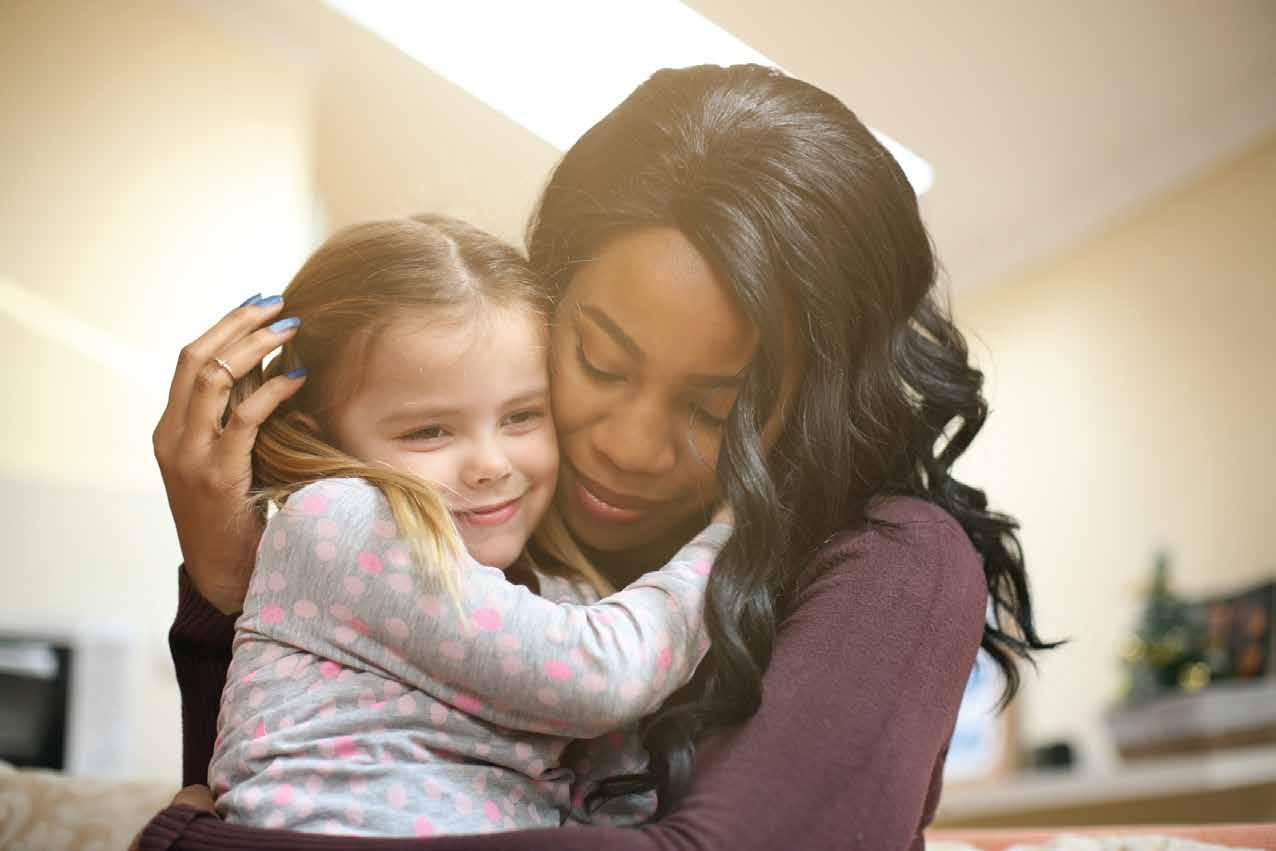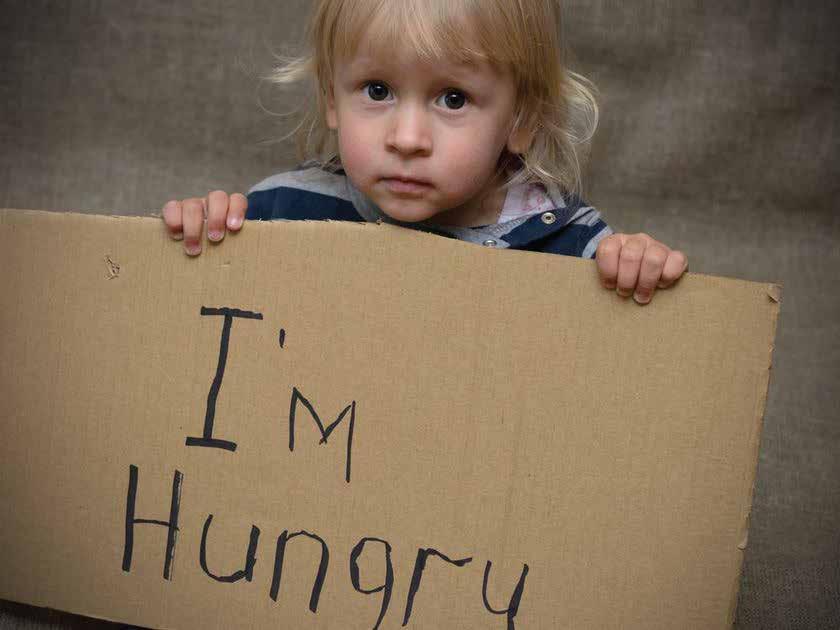
4 minute read
Solidarity Not Charity
Solidarity
by Sara Barron
Not Charity
Sara Barron is a Baptist minister in Cornwall and also works for CURBS, which supports those working with children in marginalised communities. This reflection was first published in "In the Thick of It" booklet, a collaboration by CWM, The United Reformed Church (URC), and Joint Public Issues Team (JPIT). want real.
spent most of the last 16 years living and working on a I large outer urban estate of 33,000 people. The most deprived wards in Hampshire sit in this estate which had a significant number in financial poverty. Therefore, there was much input given, often not what was needed, and much came from a place of judgement and power. Marginality came with a postcode, as it was perpetuated by those living round the outside of the estate who looked down on the people in it.
Recently I have moved to a small fishing town in Cornwall, a rural context where wealth and poverty sit together with little interaction. Cornwall is the poorest county in UK with average wages touching £15,000pa, far below the national average. Multiple deprivation indices are high in just one area where those who service the tourist industry live. Here marginalisation comes in the form of isolation with lack of I work two days a week for CURBS who support, train and resource those working with children in marginalised communities. My husband and I are Baptist ministers and half our time is focused in the community where we have been missional listening for the last year looking for where God is at work and joining in where we are invited. It is like living in a goldfish bowl as people watch to see ‘does it work’ – hope comes from seeing that Jesus works whatever is going on in life. You need to be your vulnerable self – people
transport, seasonal low paid work and high housing costs.
Joseph Rowntree Foundation figures show that 1 in 8 households in full time work fall below the minimum income standard (MIS) and this is a rising figure. Child poverty has risen by 500,000 in the last 5 years. The biggest single factor which creates marginalisation is the growing feeling of isolation that people feel.
The first is around collaboration. Now more than ever schools, colleges and community supporting groups are feeling the pinch. When we work together, we are more creative, more effective and more sustainable. Our relationship with the school began by asking what we could do to help. The answer came: become a governor, support us with the growing number of children with a connection to social services by providing a therapeutic listening service, turn up to help out at things, promote activities, speak well of the school or group to others. Which is what we did.
This led to being asked to be a chaplain for the teachers, staff and parents as well as the children, bacon rolls with staff early on a Monday morning, a prayer room set up with prayer stations available for staff and children, visiting staff off work due to sickness, attending back-to-work meetings.
This led to conversations about how we could make a difference in the community – tackling food poverty – gathering all who may get involved and working together to support each other. Food bank, school buy in to surplus food scheme, which it shared with the food bank and then used to provide holiday lunch programme, and a community fridge in the school. Lunch programme in the holidays supported by local volunteers grows to add breakfast provision and an evening meal one day a week every week throughout the year. Christmas Day lunch held at and supported by the local school and church together.
Photo via www.standard-freeholder.com.

The story just goes on and on finding more and more opportunities to work with others bringing the kingdom of God to the people of the margins through using all who care for the community. Using the underpinning of solidarity rather than charity.
My second source of hope is how children and young people’s voices are being heard on the issue of climate change. Children and young people are often those whose voice is the least heard in society. It is deemed they do not know enough to speak until they are older. But I believe that out of the mouths of babes we often hear the prophetic. At present, my 14-year-old son along with thousands of other young people across the world are trying to make their voice heard on the prominent and hugely important issue of climate change.
This has sparked a passion in my son which is giving him opportunities to share his love of the world and nature, which comes from his faith in God, with those in and outside the church. In the local church he has preached on the subject with many telling him after that how they were challenged. This passion has seen a number of young people get involved in change with the school - no more plastic, recycling waste separated and a consistent voice to challenge when things don’t change. The international strikes have given opportunity to talk to the local council, the chair of the county council, the head of recycling and waste management.
I am excited that the young people are being heard and taken seriously. We need to support their challenge and play our part in making changes to the way we care for our God given planet. Here I see the kingdom of God bringing hope to the next generation and to all humanity.









